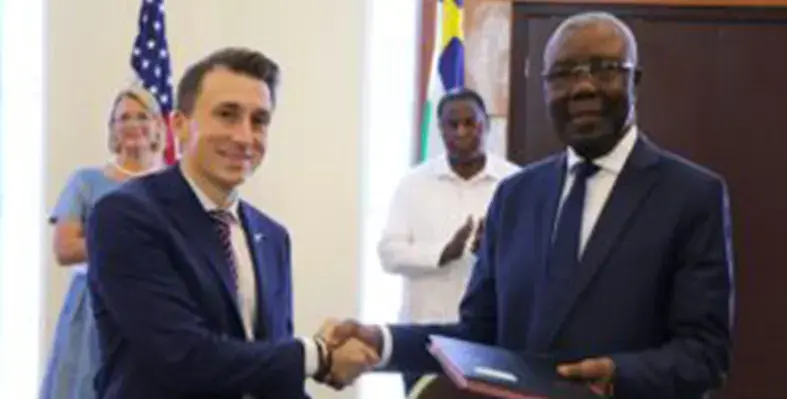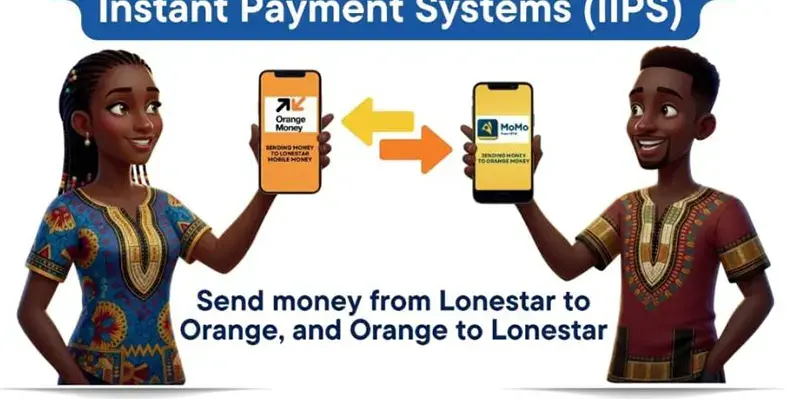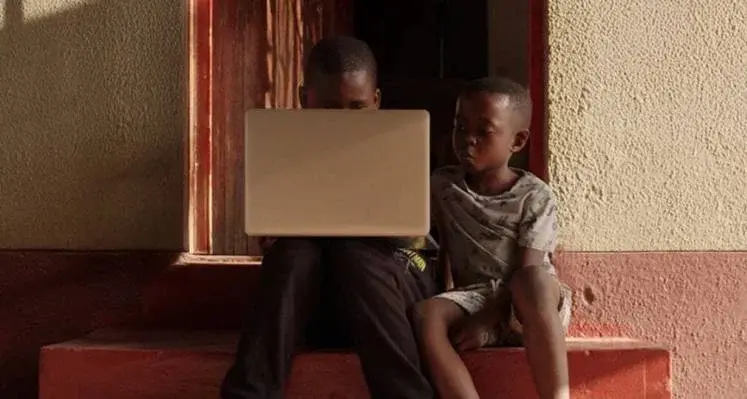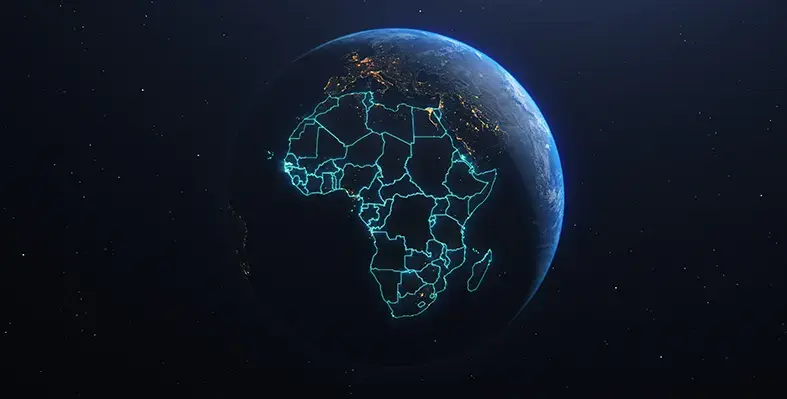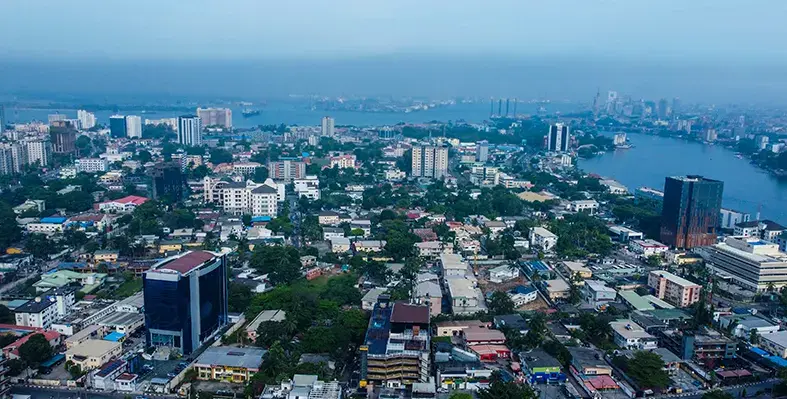Africa Code Week (ACW) 2018 stated that it has exceeded all expectations by empowering 2.3mn youth in 37 countries with digital and coding skills, compared to 1.3mn youth in 35 African countries in the previous edition
According to Cathy Smith, managing director of SAP Africa, said, “Young people in Africa don’t just need opportunities: they need to know how to take the first steps to get there. They need role models and guidance.”
In the run-up to October 2018, nearly 23,000 teachers were trained in the ACW digital learning curriculum. By using ACW to accelerate national ICT capacity building since 2015, Morocco stands out again with a record of 5,208 teachers trained throughout 2018. Tunisia and Nigeria have trained 2,800 and 2,553 teachers respectively.
Davide Storti, youthmobile initiative coordinator at UNESCO’s Knowledge Societies Division, added, “There is only one way to bring the promises of the fourth industrial revolution to the young generation: through a reference point, and that reference point is the teacher.”
“We look forward to furthering dialogue with governments, so we can translate the powerful partnerships and networking built by and around ACW into long-term programmes that sustain the excitement around 21st century learning,” he noted.
ACW is supported by UNESCO YouthMobile, Google, the German Federal Ministry for Economic Cooperation and Development (BMZ), the Cape Town Science Centre, the Camden Education Trust, 28 African governments, more than 130 implementing partners and 120 ambassadors across the continent.
More than 46 per cent of 2.3mn participants were female, reflecting a huge appetite for the development of digital skills among African girls, ACW added.
BMZ has awarded 20 grants to organisations in 15 emerging and developing countries, introducing 13,791 girls to digital skills and employment prospects. SAP further collaborated with UNESCO and BMZ/GIZ to strengthen the gender component of the Africa Code Week Train-the-Teacher package.
“Female representation in African companies in STEM-related fields currently stands at only 30 per cent, requiring powerful public-private partnerships to start turning the tide and creating more equitable opportunities for African youth to contribute to the continent’s economic development and success,” concluded Sunil Geness, director of government relations and CSR at SAP Africa and global coordinator of ACW 2018.











